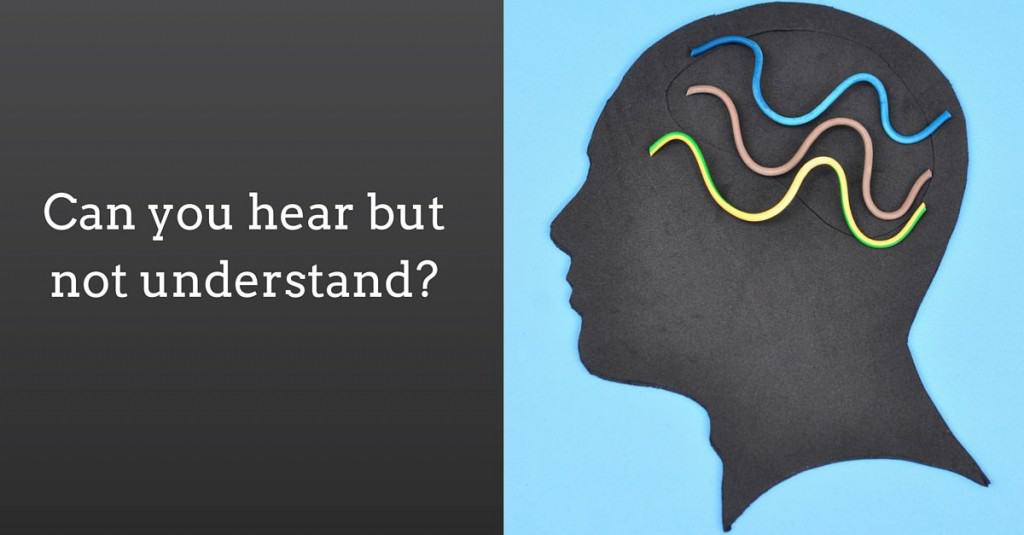Alpha Waves & Speech Understanding
Having a hard time understanding speech? New study indicates it may be your brain’s alpha waves.
A new study from the Max Planck Institute for Cognitive and Brain Sciences in Leipzig reveals a connection between age-related hearing loss, alpha waves, and speech recognition in challenging noise environments.
Hearing Loss and Speech Recognition
With hearing loss, one of the major consequences is a decline in speech recognition, especially in louder situations with multiple voices in cross-conversation. Speech recognition depends on a variety of factors, from the frequency and volume of the speaker’s voice to the space in which the conversation is being conducted. With the understanding that hearing happens in the brain, through a process of sound waves being translated into electric impulses sent through neural pathways to be processed in the auditory cortex of the brain, researchers at the Max Planck Institute delved further into a study concerning alpha waves.
What are Alpha Waves?
Alpha waves are just one of the electric currents flowing through our brains while we are involved in different tasks. According to researchers at the Max Planck Institute, “In hearing tasks, the strength of these alpha waves indicates the listening effort of the listener.” In other words, the stronger the alpha waves, the more concerted effort the listener is making to hear – and make sense of what they are hearing.
The Study.
For this study, conducted by the Auditory Cognition Research Group at the Max Planck Institute, participants were selected in two groups by their age: 20 to 30 year olds and 60 to 70 year olds. To even the playing field, researchers conducted hearing tests on all participants and adjusted the hearing tasks accordingly to ensure that every participant was working under the same level of difficulty. Participants were asked to listen to two numbers, both spoken, and push a button to indicate which number was higher.
At the same time, during this listening task, researchers played segments from audio books read by human voices to simulate an environment with multiple speakers. To complicate matters, researchers began to remove frequencies from the signal of spoken numbers, which stripped the natural unevenness of the human voice, giving a more robot-like to the speech signal.
The Results.
Researchers noted the tendency of both groups of participants to predict the outcomes of the numbers, but in anticipating this, they varied the predictability of the spoken numbers. They also noted that when speech quality was adjusted and improved, the older test subjects performed the listening tasks more quickly. In other words, when the speech signals were enhanced, the older subjects showed less alpha wave activities in their brains and were able to outperform their younger counterparts in completing the tasks.
The behavior of alpha waves in this study suggests that speech recognition in challenging settings requires more brain function in older adults – which has been linked to cognitive load and hearing loss – but also that with improved speech signals, hearing and comprehension become easier. Researchers hope that their findings from this study inspire hearing aid technology to hone in on further improving speech recognition features, while also working on innovations to anticipate and utilize brain functions in the process to better speech recognition.

